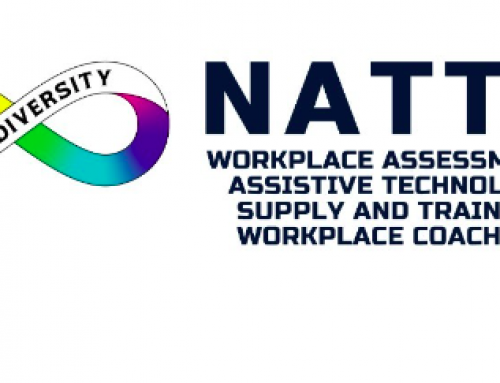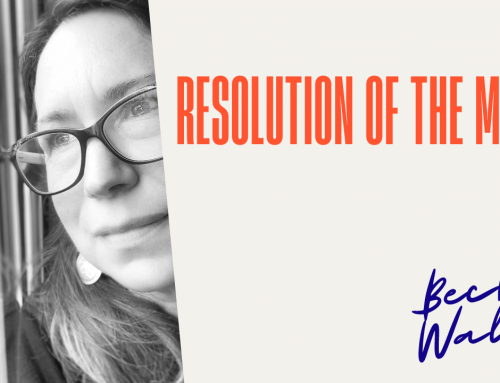Unless you’re very lucky, at some point you’ll have a negative review for your book. Note I say lucky rather than talented because no amount of talent or bestseller status will save you from the dreaded bad review. The more successful you are as a writer, the more you are likely to have a bad review. Never before have creative types of all kinds been subjected to criticism in a public forum. Book critics used to be experts, or at least have an ounce of credibility. But now a book critic is anyone with a phone or a computer.
Having a little personal resilience to critics will help you stay in love with your craft. You can even handle a bad review brilliantly and turn book-buying customers into author fans.
Everyone has a different view of reality, different perceptions, levels of understanding and preferences. Nothing anyone has to say about your book can be taken personally. It hurts, but understand that it’s the same as someone who doesn’t like cabbage moaning about eating cabbage online. The same rules apply: ‘If you don’t like it, you don’t have to eat it’. However, if someone has paid for your book and if they are unhappy, there are some things you can do to turn the situation around.
Firstly, reply to them.
I know it goes against all the advice you might have heard before, so hear me out…
You may feel like you are ‘narrowcasting’ a conversation to one person. However, online you are ‘broadcasting’. What you say will be read by other people and those people might become curious about you and buy your book. I once had a negative review from a person who didn’t get past the first ten pages of my book. Something I had said in those ‘self-help’ pages must have triggered a reaction in her. Her rant had several incorrect assumptions about me personally. I wrote back and expressed how sorry I was that she didn’t like the book. I corrected some of her assumptions and then said that I thought the book she needed to read was one of my other books. I offered to send a free copy. She was delighted. She left that second book a rave review. I couldn’t take away the stain her comments on the first book had made, but my positive words were now making a good impact on other people reading the review. It also allowed me to go a little deeper into the book’s content for potential readers.
It’s also good to remember why you wrote the book. If you didn’t write it to affect some kind of change or emotion, why write? A little controversy means people have been affected and moved enough to voice an opinion. Well done you!
Some people are just going to hate.
And if you get a negative comeback to a positive reply, just leave the conversation there. You played your part and that’s all you need to do.
The majority of snippy reviews are written by frustrated writers or just plain miserable people. You can’t change who people are and the faster you can spring your head out of thinking over justifications, or dealing with the chemical whirlpool of your emotions washing around in your belly, the sooner you can get on and write. There is a reason we hate to be disliked, discredited and discarded.
We are hard-wired to care about what people think of us. It’s the ego’s way of keeping us alive. If you don’t fit into the tribe you’ll be excluded and die in the cold starving to death. The ego has no idea about supermarkets! So when you put your heart and soul into the world, it is vulnerable. And it hurts when people don’t like your work. It’s not personal and you have to keep going.
Everything isn’t always as it seems.
The next thing to know in this crazy world we now live in is that everything isn’t always as it seems! You might think that the internet is simply people scrolling information and miserable trolls who are looking to spread negative poop all over the internet. However, there is also something called ‘Bots’. Bots are IT systems set out to infiltrate opinions using the internet. It’s hard to detect a bot, so you may never know if the negative comment or review about your book is from a genuine person or a Bot with a programmed agenda. The best way you can tell is how language is used. Ask yourself – does it sound human and does the sentence structure make sense? If your book is controversial, say for example it’s about a Brexit from one side or the other, Bots may be on the search to discredit your viewpoint with a negative review. If this knowledge unnerves you, don’t panic. Many book-buying platforms such as Amazon do their best to stop the robots. You may even have had to tick a box or click on all the photos in the squares that have cars in, to prove your humanity. If the language used in the bad review is shoddy, many people will discredit the review anyway. So before you take a bad review to heart, just remember it might not have a beating heart behind the words. More info on this see Drew Benvie’s amazing TEDxBristol talk.
As real humans, we all have different versions of reality.
The art of a great writer is to open the door to a new reality for a reader. Opening your mind whilst staying on your sofa is a beautiful act of transformation and you didn’t have to break into a sweat to have it. That’s why we love authors: that’s the power of a book. There is no one truth, as truth in itself is a perception. Your job is to shift perceptions and open minds. Many people don’t like finding out that their life map is out of date or only goes as far as the town they live in. You will have people hate your book in the same way people hate change. Nothing anyone can say is personal – take out what is useful to you and bump the rest.
An apple tree produces apples. It doesn’t worry about if the apples are sweet or sour. It knows it can’t control taste buds. It doesn’t worry if the apples are turned into pies or eaten by maggots, and it doesn’t think about the ethical nature of making cider. It just keeps making apples. Your job as a writer is to write: just keep going.





